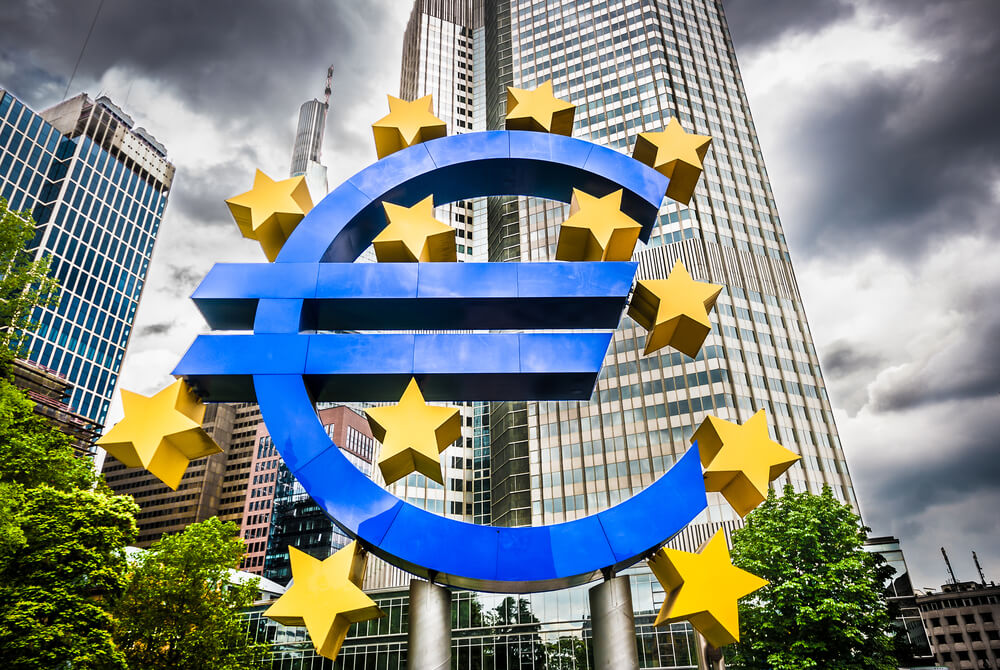Inflation in the 19-country eurozone weakened in September, slipping farther from the European Central Bank’s goal and underlining President Mario Draghi’s arguments for a recent stimulus package.
Statistics agency Eurostat said Tuesday that the annual inflation rate eased to 0.9% in September from 1.0% in August.
Low inflation can be a sign of economic weakness and has been a concern for officials at the ECB, whose goal is to have inflation of just under 2%. The central bank, which sets monetary policy for the euro countries, decided Sept. 12 to launch a package of measures aimed at raising inflation and supporting weakening growth.
The measures include cutting a key interest rate benchmark to minus 0.5% from minus 0.4% and starting to buy 20 billion euros ($22 billion) a month in government and corporate bonds, a move that pumps newly created money into the economy. The steps aim to make credit cheaper for businesses and stimulate economic activity while raising inflation.
The package was opposed by several officials on the ECB’s rate-setting board and was criticized in the news media in Germany, the eurozone’s largest member country. Opponents say the measures carry side effects including weakening savings rates, and should be reserved for use in a genuine crisis.
The drop in inflation in September was largely due to volatile items like energy and a smaller annual increase in the price of food, alcohol and tobacco. Excluding those items, annual core inflation edged up to 1.0% from 0.9%. The core figure, which is more important for monetary policy, has been stuck near that level for months.
Global Trade to See Weakest Growth Since Great Recession
Global trade is forecast to weaken this year to the slowest pace since the depths of the Great Recession due to the U.S.-China trade war.
The World Trade Organization said Tuesday it expects volumes of traded goods to rise 1.2% this year, far below the 2.6% estimate it issued in April and the weakest since 2009.
Next year’s growth was estimated to drop to 2.7% from 3.0%, but the organization warned that still depends on solving trade disputes.
The U.S. and China in particular are in a wide-ranging dispute that has led to new tariffs on hundreds of billions of dollars’ worth of traded goods. There is little expectation of an imminent resolution to the disagreement, which continues to sap economic growth.
“The darkening outlook for trade is discouraging but not unexpected,” said WTO chief Roberto Azevêdo.
The WTO sees continued risks from the trade wars, saying that “further rounds of tariffs and retaliation could produce a destructive cycle of recrimination.”
The organization noted that some economies are slowing anyway and that other issues, such as Britain’s uncertain exit from the European Union, are adding to uncertainty for businesses trading goods.
© The Associated Press. All rights reserved.
